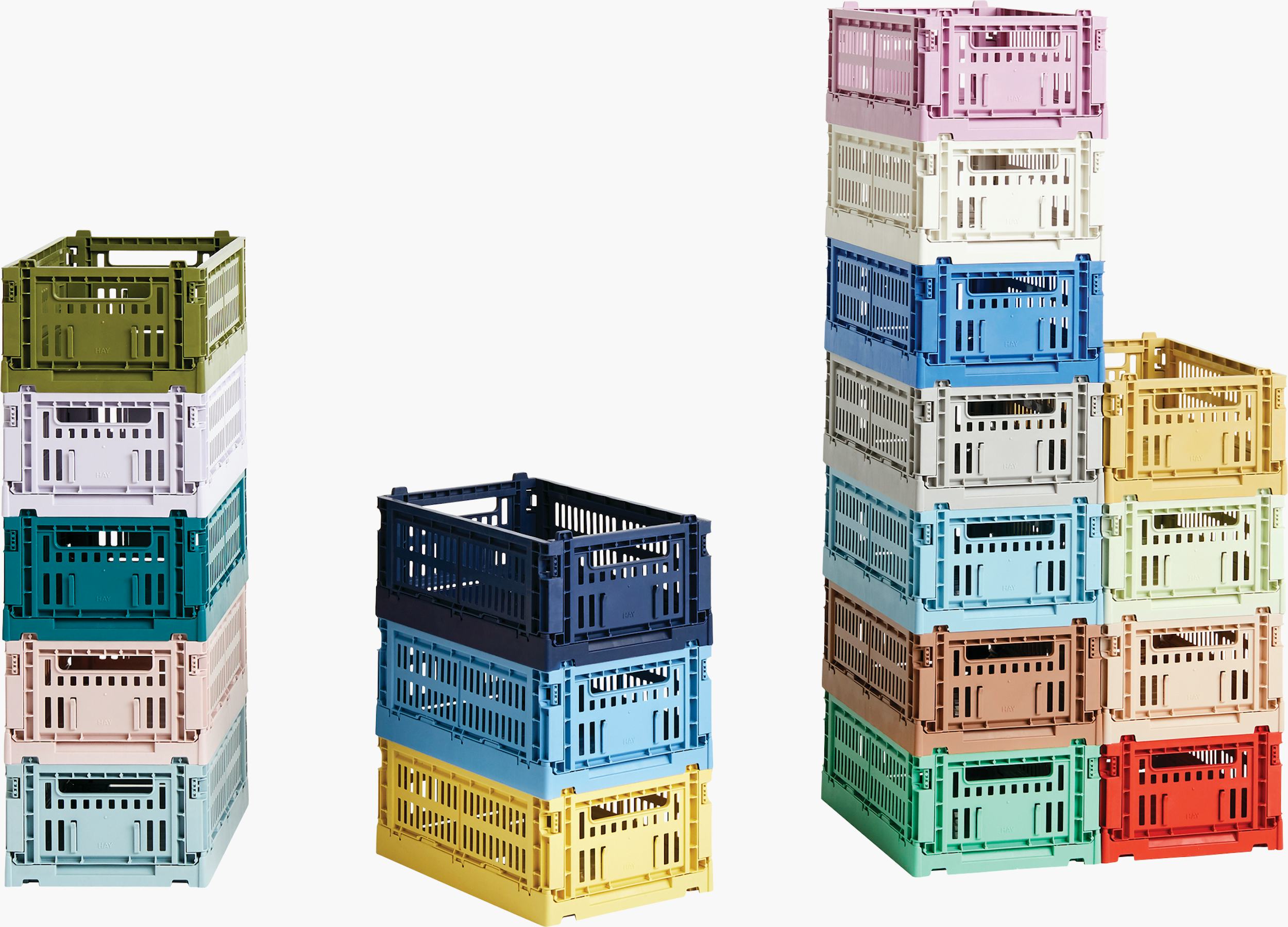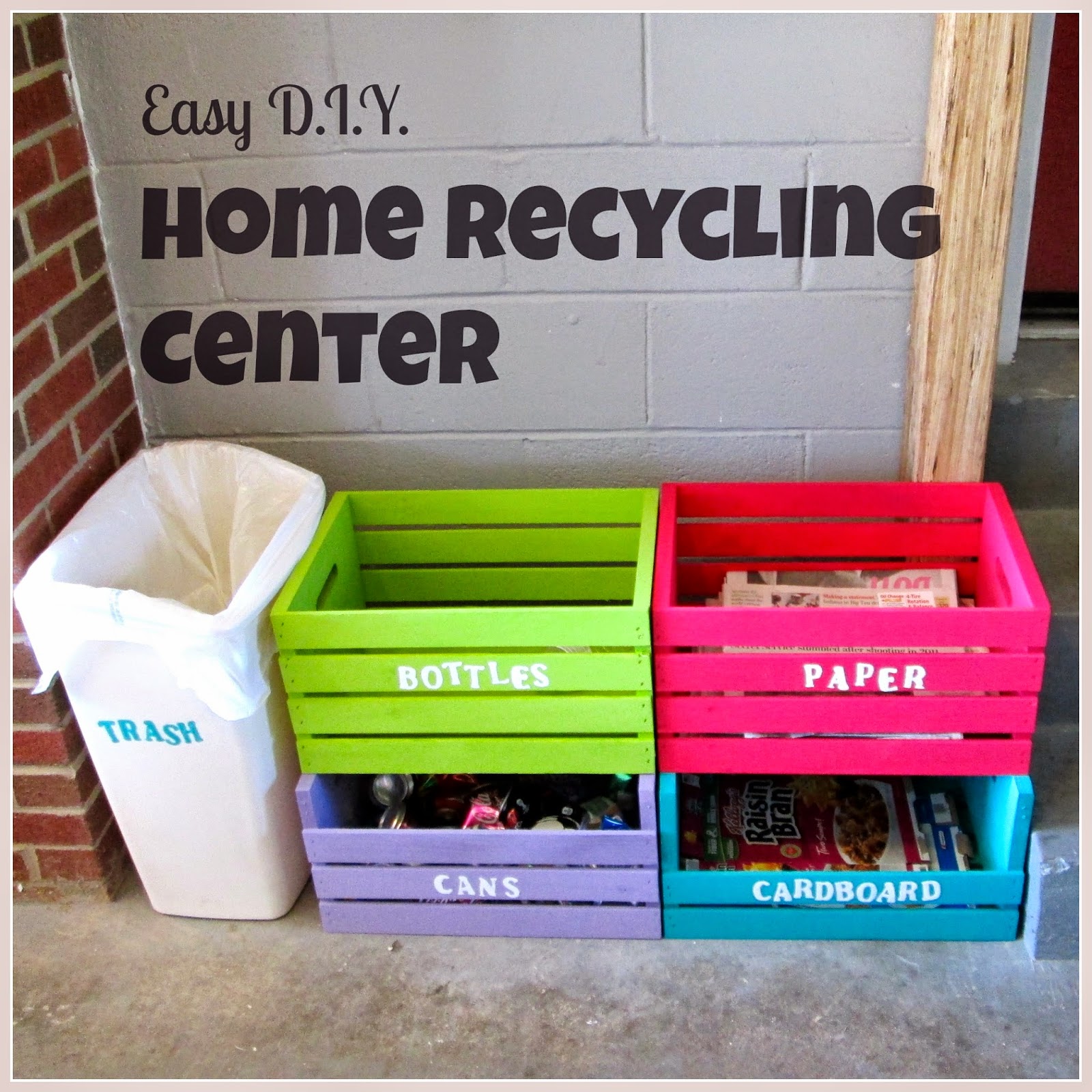Cut Expenses with Used Bulk Plastic Containers: Trusted Storage Space at a Portion of the Rate
Cut Expenses with Used Bulk Plastic Containers: Trusted Storage Space at a Portion of the Rate
Blog Article
Reduce Waste and Save Prices With Made Use Of Plastic Containers for Recycling
In today's service landscape, the focus on sustainability and cost-effectiveness has never been more vital. One method that companies are progressively discovering is the usage of utilized plastic containers for recycling. Past the noticeable environmental benefits, such initiatives can bring about substantial cost savings and functional efficiencies. By adopting a critical strategy to reusing plastic packaging, companies can not just add to a cleaner planet but also streamline their resource usage and lower line (used plastic containers). The potential of repurposing plastic containers goes far beyond simply waste reduction; it provides a compelling chance for services to straighten their functional experiment a much more sustainable future.
Environmental Advantages of Reusing Containers
Recycling plastic containers significantly minimizes waste and adds to ecological sustainability by lowering the demand for brand-new plastic manufacturing. By extending the life-span of plastic containers via reuse, fewer sources are required for manufacturing, which consequently causes reduce power intake and greenhouse gas discharges connected with manufacturing processes. Furthermore, reusing plastic containers assists divert them from garbage dumps or incineration, reducing the environmental influence of plastic waste disposal.
Reusing plastic containers promotes the principle of a circular economic climate, where materials are kept in use for as long as possible, decreasing the general environmental impact of plastic product packaging. In general, the ecological advantages of reusing plastic containers are considerable and line up with lasting waste monitoring practices.

Expense Cost Savings With Recycling Initiatives
Carrying out reusing initiatives for utilized plastic containers can cause substantial cost financial savings for services and neighborhoods alike. By including an organized recycling program, organizations can minimize expenditures linked with acquiring new containers while additionally minimizing waste disposal expenses. Recycling plastic containers with reusing efforts removes the need for frequent replacements, resulting in lasting financial savings on purchase costs. In addition, reusing reduces the volume of waste sent to garbage dumps, therefore lowering landfill costs and possible penalties for going beyond waste restrictions.
Cost savings prolong beyond procurement and waste administration, as reusing made use of plastic containers can also add to a positive brand picture. Consumers are progressively preferring eco-conscious organizations, and showcasing a commitment to sustainability via reusing efforts can boost a firm's credibility and draw in eco conscious customers. In addition, some regions use rewards or tax obligation advantages for organizations that proactively take part in reusing programs, giving added cost-saving chances. Inevitably, buying reusing initiatives for plastic containers not just profits the atmosphere yet likewise offers tangible monetary benefits for neighborhoods and businesses.
Tips for Properly Cleansing Made Use Of Containers


Rinse and vacant: Prior to recycling, clear the containers of any remaining food or liquids. Rinse them with water to get rid of residue and stop smells.
Usage Hot Water and Soap: Laundry containers with warm water and soap. This aids to get rid of grease, oils, and persistent food bits. Consider making use of a bottle brush for hard-to-reach areas.
Stay Clear Of Rough Chemicals: While it is very important to clean completely, prevent making use of extreme chemicals that may contaminate the plastic. Adhere to moderate dish soap to make certain the containers stay safe for reusing.
Air Dry: After washing, allow the containers to air dry entirely prior to saving or recycling them. This aids prevent the development of mold and germs.
Innovative Ways to Repurpose Plastic Product Packaging
Repurposing plastic product packaging provides innovative solutions for prolonging the life expectancy of materials and decreasing waste. As opposed to throwing out plastic packaging after its first usage, people and services can discover different imaginative methods to read the article offer these products a new objective. One practical technique is to utilize plastic containers as storage space solutions for organizing small things such as craft materials, equipment, or office devices - recycled plastic containers. By repurposing plastic product packaging in this way, not just are the containers shut out of landfills, however they likewise serve a practical function in preserving an orderly room.
One more innovative way to repurpose plastic packaging is by transforming it into planters for indoor plants or small herbs. With a couple of drainage openings contributed to the bottom, plastic containers can be quickly upcycled into pots for greenery, adding a touch of sustainability to home design. In addition, plastic packaging can be used in arts and crafts jobs, functioning as product for producing unique sculptures, organizers, or perhaps fashion jewelry. By thinking creatively regarding the possible uses of plastic product packaging, individuals can add to decreasing waste while taking part in practical and green practices.
Area Effect of Recycling Programs
The method of creatively repurposing plastic packaging not only cultivates sustainability on a private degree however also plays a considerable function in forming the area influence of recycling programs. They contribute to a cleaner setting and a more lasting future when communities embrace reusing campaigns that consist of the reuse of plastic containers. By motivating homeowners to join recycling programs that include repurposing used plastic containers, areas can lower the quantity of waste sent to landfills, preserve resources, and lessen their carbon impact.
Reusing campaigns that use used plastic containers can additionally develop chances for neighborhood education, engagement, and cooperation. Inevitably, recycling programs that include the repurposing of plastic product packaging have the possible to motivate favorable adjustment and advertise an extra lasting method of living.

Final Thought
In verdict, making use of utilized plastic containers for recycling deals ecological benefits by decreasing waste and preserving resources. Correctly cleaning and repurposing plastic packaging can even more prolong the life-span of these containers.
One method that firms are progressively exploring is the use of utilized plastic containers for recycling.Reusing plastic containers dramatically reduces waste and adds to ecological see post sustainability by lowering the demand for new plastic production. In addition, recycling plastic containers see here now assists divert them from landfills or incineration, minimizing the environmental influence of plastic waste disposal.
Reusing plastic containers promotes the concept of a round economic climate, where products are kept in usage for as long as possible, reducing the general environmental impact of plastic packaging. By motivating locals to get involved in recycling programs that entail repurposing used plastic containers, neighborhoods can reduce the amount of waste sent to garbage dumps, save sources, and minimize their carbon footprint.
Report this page